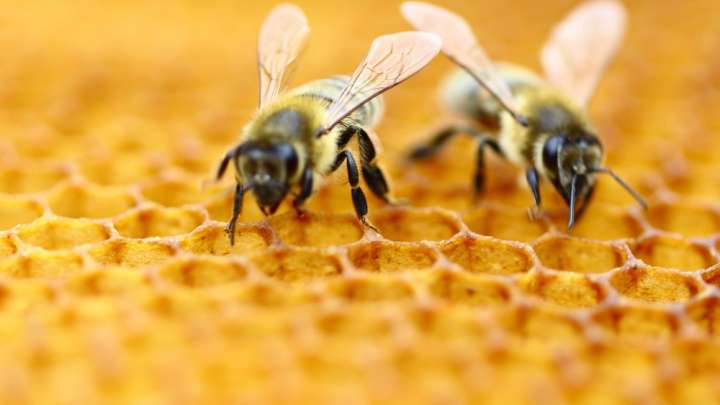That bees are downright awesome is not up for debate. After all, they pollinate about a third of all the crops that we consume and help to support ecosystems worldwide. Yet the bees are in trouble, with a phenomenon known as colony collapse disorder (CCD) causing an alarming drop in numbers. Fortunately, a solution may be on the horizon in the form of genetically modified bacteria.
One thing that is a topic of great debate is the cause of CCD. Some studies point the finger at a particular class of pesticides called neonicotinoids, although many within the scientific community agree that multiple factors are probably at play.
What we do know is that CCD first became an issue once the Varroa mite became widespread, largely thanks to a global trade in European honeybees that brought them into contact with Asian parasites. At first, it was assumed that the mites were simply killing bees by sucking on their blood, although it later transpired that they also carried the lethal deformed wing virus (DWV), transmitting it into the bloodstream of the bees they feasted on.
